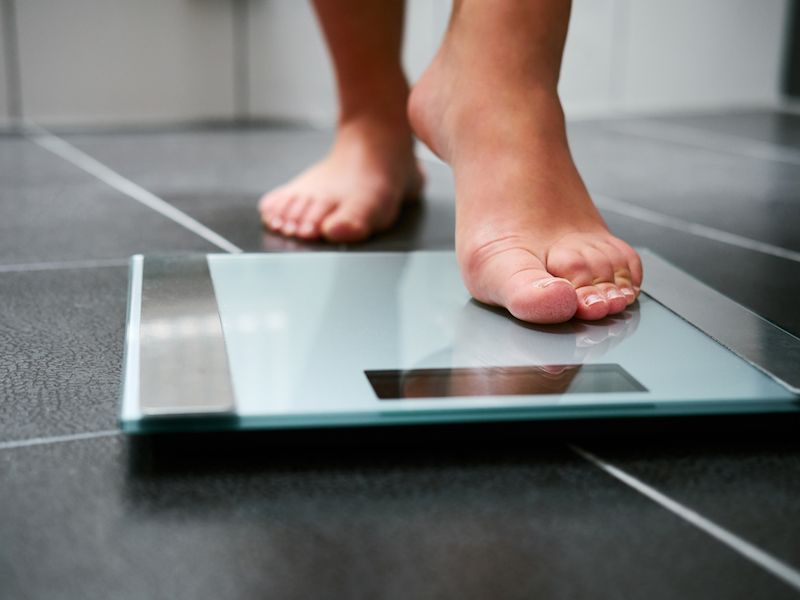
It’s well understood, that over longer periods of time, overeating will be harmful to your health. Obesity is related to quite a few health conditions. You can add hearing loss to high cholesterol, heart disease, and diabetes as a possible problem. It’s estimated that roughly 48 million people in the United States, hearing loss is an obstacle for approximately 20% of the U.S population, and around double that amount of adults, 93 million, are obese. Throughout the country, these staggering statistics indicate a serious health issue.
What is The Connection Between Hearing Loss And Obesity?
Various studies have revealed that hearing loss and being overweight have a connection. Although experts are still researching the link, it’s believed that loss of hearing and obesity have a relationship because the circulatory system is affected. What’s more, obesity is linked to diabetes and high blood pressure, which are also linked to hearing loss.
Sound in the ear is detected by tiny hairs inside the inner ear. These tiny hairs, called stereocilia, have to have a steady blood flow and oxygen to work properly. Because of obesity, the flow of blood is restricted throughout the body because, so they can get the blood flowing throughout the body, the heart needs to do more work, which means that your inner ear is functioning on too little blood flow. The ears can be irreversible impaired in this way. Because all of these illnesses effect the flow of blood, high blood pressure, heart disease, and diabetes impact the inner ear in the same way.
Keeping your weight in check is particularly important as you age since age-related hearing loss and high-fat mass index are also connected. Your body’s metabolism won’t work as well or as fast as it did in the past, which is the reason why you need to try to stick to healthy habits that you formed when you were younger.
A healthy diet and exercise are excellent for your over-all health and your ears.
Solutions For Obesity-Associated Loss of Hearing
If your loss of hearing is caused by obesity, you may never be able to get it back, nonetheless, in order to find out how extensive your hearing loss is, it’s important to get your ears evaluated. If the injury is permanent, you might need a hearing aid or other device to begin hearing correctly again.
If the damage is only minor, you might need to see your doctor before your health becomes worse, about making an exercise and diet plan to decrease the impact your weight has on your well being. Your doctor should set up a cardio intensive exercise program that will improve your general health and get your blood pumping. There will be, more than likely, other improvements in your life also, mental health, for example, since regular exercise has been shown to lessen depression.
Obesity-Related Hearing Loss, How to Avoid it
So that you can stop obesity-related loss of hearing day to day exercise and a healthy diet are essential. staying healthy can also help keep your ears in superior condition. A good place to start is to consult with a nutritionist who can assist you to develop a strategy that’s personalized for you and is targeted on helping you reach your goals. The role of the nutritionist is to make certain you’re eating the correct mixture of nutrients in healthy foods, foods that are high in iron, for example, since, you guessed it, a lack of iron in your diet can aggravate your loss of hearing and lead to tinnitus.
Find out more about hearing loss and how you can hear better with the appropriate treatment method.
